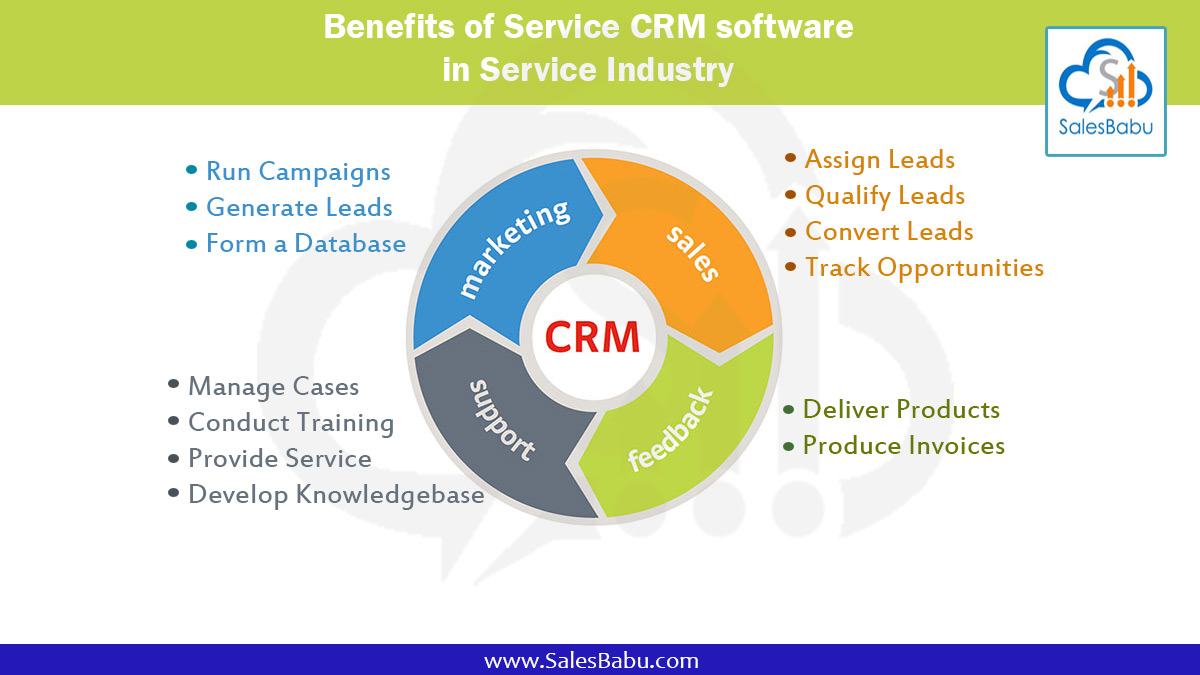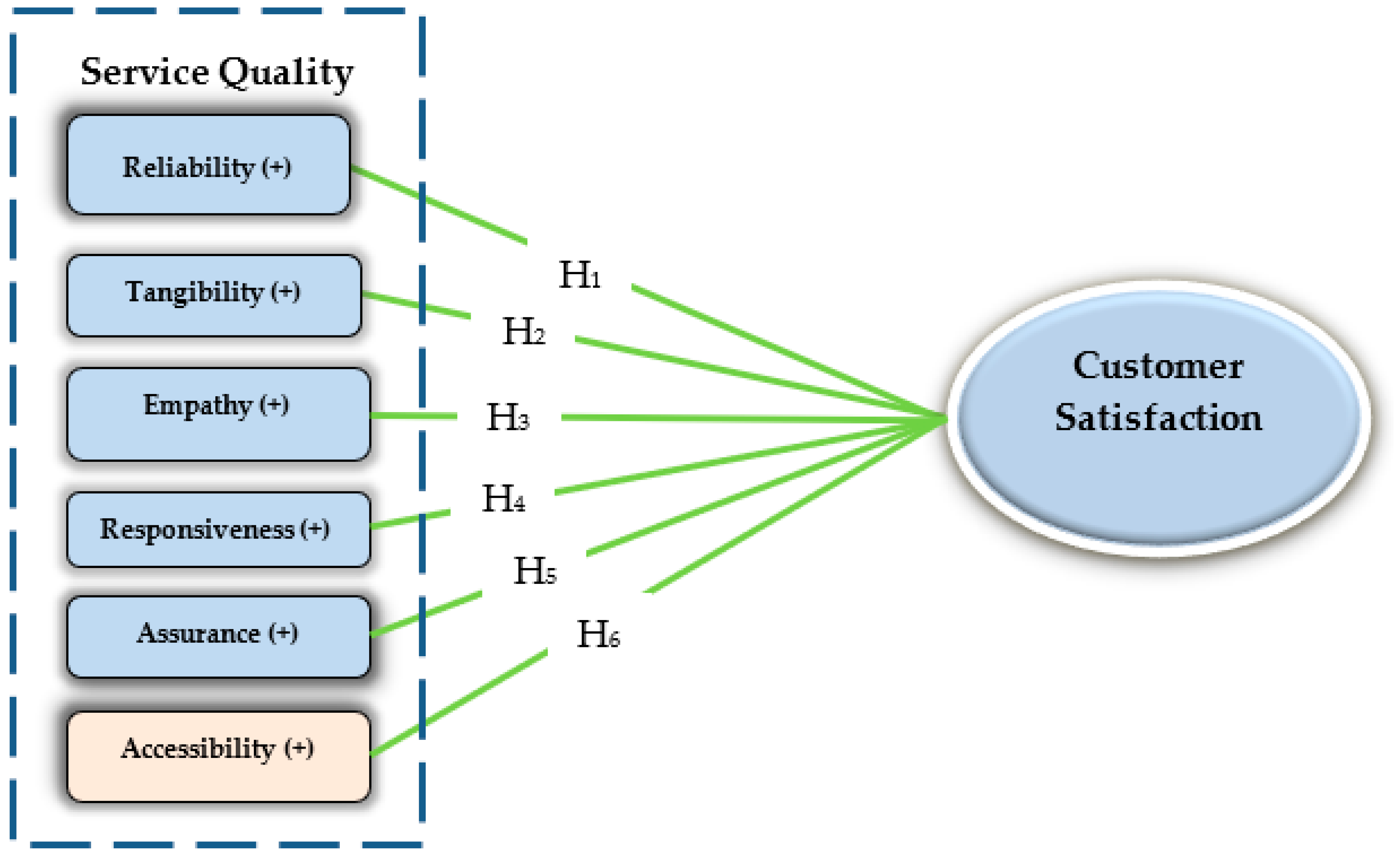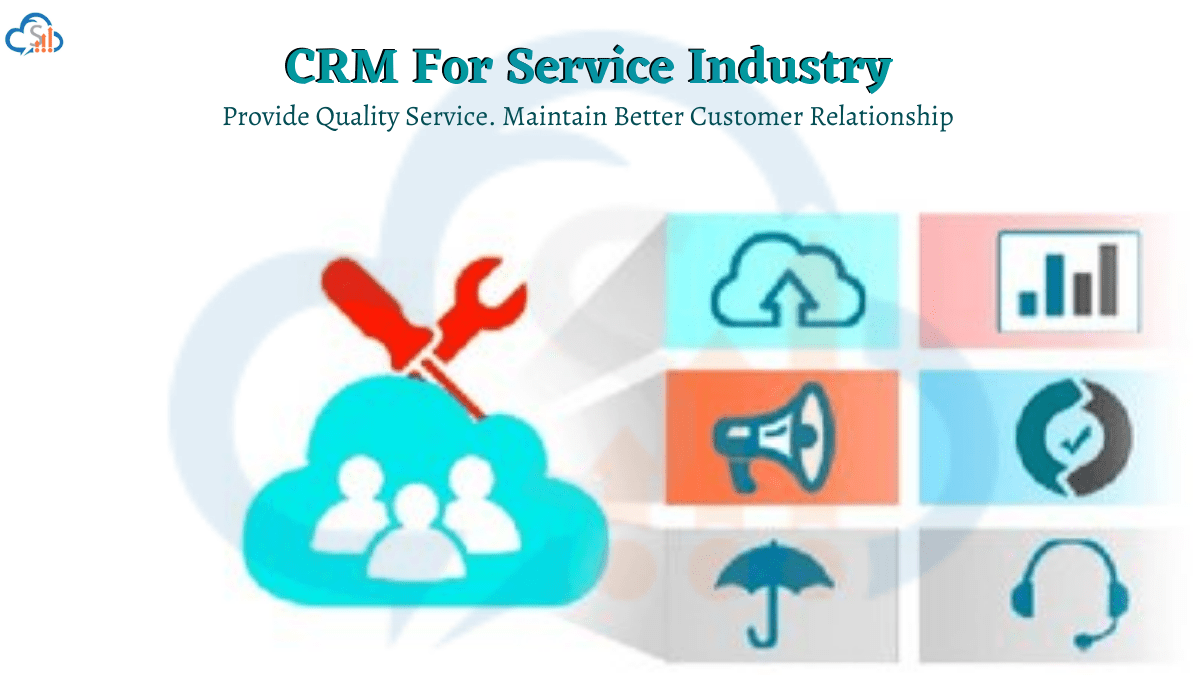Crm for managed service providers – In the realm of managed service providers (MSPs), customer relationship management (CRM) has emerged as a game-changer, enabling MSPs to navigate unique challenges and forge enduring customer relationships. This comprehensive guide delves into the intricacies of CRM for MSPs, exploring its benefits, key features, and strategic implementation.
As MSPs strive to excel in a competitive landscape, CRM serves as a powerful tool to streamline operations, enhance customer satisfaction, and drive measurable ROI. By harnessing the capabilities of CRM systems tailored specifically for MSPs, providers can gain a competitive edge and elevate their customer service to new heights.
Understanding CRM for Managed Service Providers
Customer relationship management (CRM) is a critical tool for managed service providers (MSPs) to manage their customer relationships effectively. By leveraging CRM systems, MSPs can centralize customer data, track interactions, and streamline communication, ultimately enhancing customer satisfaction and driving business growth.
Unique Challenges Faced by MSPs in Managing Customer Data
MSPs face unique challenges in managing customer data due to the complexity of their service offerings and the volume of customers they serve. These challenges include:
- Managing multiple customer touchpoints:MSPs interact with customers through various channels, including phone, email, chat, and social media. Consolidating data from these disparate sources can be challenging.
- Tracking service-level agreements (SLAs):MSPs must track and manage SLAs with each customer, which can vary in complexity and require specialized reporting.
- Handling customer churn:MSPs must proactively identify and address customer churn to retain existing customers and minimize revenue loss.
Benefits of CRM for MSPs

A CRM system can provide numerous benefits for MSPs, including improved customer satisfaction, increased sales, and better operational efficiency. CRM systems can help MSPs manage customer relationships more effectively by providing a central repository for customer data, tracking customer interactions, and automating marketing and sales processes.
Improved Customer Satisfaction
CRM systems can help MSPs improve customer satisfaction by providing a number of features that make it easier to track and resolve customer issues. For example, CRM systems can be used to:
- Create a central repository for customer data, including contact information, service history, and billing information.
- Track customer interactions, such as phone calls, emails, and support tickets.
- Automate marketing and sales processes, such as sending out newsletters and promotional emails.
- Generate reports on customer satisfaction and other key metrics.
By providing MSPs with the tools they need to track and resolve customer issues quickly and efficiently, CRM systems can help improve customer satisfaction and loyalty.
Increased Sales
CRM systems can also help MSPs increase sales by providing a number of features that make it easier to manage sales pipelines and track customer interactions. For example, CRM systems can be used to:
- Create and manage sales pipelines.
- Track customer interactions, such as phone calls, emails, and meetings.
- Generate reports on sales performance and other key metrics.
By providing MSPs with the tools they need to manage sales pipelines and track customer interactions more effectively, CRM systems can help increase sales and profitability.
Better Operational Efficiency
CRM systems can also help MSPs improve operational efficiency by automating a number of tasks, such as:
- Sending out newsletters and promotional emails.
- Generating reports on customer satisfaction and other key metrics.
- Processing customer orders and invoices.
By automating these tasks, CRM systems can help MSPs save time and money, and improve operational efficiency.
Data and Case Studies
Numerous studies have shown that CRM systems can provide significant benefits for MSPs. For example, a study by Forrester Research found that MSPs that used CRM systems were able to increase customer satisfaction by 25%, sales by 20%, and operational efficiency by 15%.
Another study by Aberdeen Group found that MSPs that used CRM systems were able to reduce customer churn by 10% and increase customer lifetime value by 20%.
These studies provide clear evidence that CRM systems can provide significant benefits for MSPs. By investing in a CRM system, MSPs can improve customer satisfaction, increase sales, and improve operational efficiency.
Key Features of CRM for MSPs
CRM systems designed specifically for MSPs offer a range of essential features that cater to their unique requirements. These features enable MSPs to streamline operations, enhance customer relationships, and drive business growth.
By leveraging these features, MSPs can address specific challenges such as managing multiple client accounts, tracking service requests, and optimizing resource allocation. Here are some key features of CRM systems tailored for MSPs:
Client Management
- Centralized client database for storing and managing client information
- Customizable dashboards to track client interactions, service requests, and billing details
- Automated workflows to streamline client onboarding, service provisioning, and billing processes
Service Management
- Ticket tracking system to manage service requests, track progress, and resolve issues efficiently
- Knowledge base and self-service portal to empower clients with self-help resources
- SLA management to monitor and ensure adherence to service level agreements
Resource Management
- Technician scheduling and dispatch to optimize resource allocation and reduce downtime
- Inventory tracking to manage hardware, software, and other resources
- Project management capabilities to track progress and ensure timely delivery of services
Reporting and Analytics, Crm for managed service providers
- Customizable reports to track key performance indicators (KPIs), such as client satisfaction, service levels, and revenue
- Data visualization tools to identify trends, analyze customer behavior, and make informed decisions
- Integration with accounting systems to streamline financial reporting and billing
Selecting the Right CRM for MSPs

Selecting the right CRM for your MSP is crucial for maximizing its benefits. Here’s a comparative table and a checklist to guide your decision-making process.
Before diving into the comparison, it’s essential to consider the following factors:
Factors to Consider
- Industry-specific functionality:Ensure the CRM caters to the unique needs of MSPs, such as ticket management, contract tracking, and project management.
- Scalability:Choose a CRM that can accommodate your current and future growth plans, allowing you to manage a growing customer base and team size.
- Integration capabilities:Assess the CRM’s ability to integrate with your existing tools, such as PSA (Professional Services Automation) and billing systems.
- Reporting and analytics:Evaluate the CRM’s reporting capabilities to provide insights into key performance indicators (KPIs) and customer behavior.
- User experience:Opt for a CRM with an intuitive interface that promotes user adoption and simplifies daily operations.
- Cost:Consider the cost of the CRM, including licensing fees, implementation, and ongoing support.
Comparative Table
| Vendor | Industry-specific Functionality | Scalability | Integration Capabilities | Reporting and Analytics | User Experience | Cost |
|---|---|---|---|---|---|---|
| CRM A | Excellent | High | Good | Comprehensive | Intuitive | $$ |
| CRM B | Good | Medium | Fair | Limited | User-friendly | $ |
| CRM C | Fair | Low | Poor | Basic | Clunky | $ |
Implementing and Managing CRM for MSPs: Crm For Managed Service Providers
Implementing and managing a CRM system for MSPs requires careful planning and execution. By following a step-by-step guide and adhering to best practices, MSPs can ensure a successful implementation and ongoing maintenance of their CRM system.
A well-managed CRM system can streamline operations, improve customer satisfaction, and drive growth for MSPs. However, it is crucial to approach the implementation and management process strategically to maximize the benefits of the system.
Step-by-Step Guide for Implementing a CRM System for MSPs
- Define Business Objectives:Determine the specific goals and objectives that the CRM system is intended to achieve, such as improving customer service, increasing sales, or streamlining operations.
- Select the Right CRM System:Evaluate different CRM systems based on features, pricing, scalability, and ease of use. Consider the specific needs of your MSP and choose a system that aligns with your business objectives.
- Data Migration:Import existing customer data, such as contacts, accounts, and service history, from your current systems into the new CRM system. Ensure data accuracy and completeness during migration.
- Configure and Customize:Tailor the CRM system to meet the specific requirements of your MSP. This includes customizing fields, workflows, and dashboards to align with your business processes.
- Train Users:Provide comprehensive training to all users who will be accessing the CRM system. Ensure they understand the system’s functionality, best practices, and how it supports their daily tasks.
- Go Live and Monitor:Launch the CRM system and monitor its performance regularly. Track key metrics to measure the effectiveness of the system and identify areas for improvement.
Best Practices for Managing and Maintaining a CRM System for MSPs
- Establish Clear Ownership:Assign a dedicated team or individual to be responsible for managing and maintaining the CRM system, including data accuracy, system updates, and user support.
- Regularly Update and Clean Data:Ensure data in the CRM system is accurate, up-to-date, and free of duplicates. Conduct regular data audits and implement processes for data cleansing.
- Encourage User Adoption:Promote the use of the CRM system among all relevant users by demonstrating its benefits and providing ongoing support. Encourage feedback and suggestions to improve the system’s functionality.
- Integrate with Other Systems:Connect the CRM system with other essential business systems, such as billing, ticketing, and project management, to streamline data flow and enhance efficiency.
- Monitor and Evaluate:Continuously monitor the performance of the CRM system and evaluate its effectiveness in meeting business objectives. Make adjustments as needed to optimize the system and maximize its value.
Case Studies and Success Stories
Several MSPs have successfully implemented CRM systems to improve their operations and customer relationships. Here are some notable case studies:
Case Study: MSP A
- Challenge:MSP A struggled to track customer interactions and manage their pipeline effectively.
- Solution:They implemented a CRM system that provided a centralized platform for customer data, lead management, and sales tracking.
- Benefits:The CRM system helped MSP A improve their sales conversion rate by 25% and reduce their customer churn rate by 10%.
Case Study: MSP B
- Challenge:MSP B needed to improve the efficiency of their customer support team.
- Solution:They implemented a CRM system with a built-in ticketing system and knowledge base.
- Benefits:The CRM system helped MSP B reduce their customer support response time by 30% and improve customer satisfaction scores.
Emerging Trends in CRM for MSPs

The CRM landscape is constantly evolving, and MSPs need to stay up-to-date on the latest trends to remain competitive. Some of the most important trends to watch for include:
The rise of artificial intelligence (AI). AI can be used to automate many CRM tasks, such as lead generation, customer segmentation, and personalized marketing. This can free up MSPs to focus on more strategic initiatives.
The increasing popularity of cloud-based CRM systems. Cloud-based CRM systems are more affordable and easier to use than on-premises systems. They also offer a number of advantages, such as scalability, flexibility, and accessibility from anywhere.
The growing adoption of mobile CRM. Mobile CRM systems allow MSPs to manage their customer relationships on the go. This is essential for MSPs who are always on the move.
The integration of CRM with other business systems. CRM systems can be integrated with other business systems, such as ERP and marketing automation systems. This can help MSPs to streamline their operations and improve their efficiency.
Implications for MSPs
These trends have a number of implications for MSPs. First, MSPs need to invest in CRM systems that are AI-enabled. Second, MSPs need to move to cloud-based CRM systems. Third, MSPs need to adopt mobile CRM systems. Fourth, MSPs need to integrate their CRM systems with other business systems.By following these trends, MSPs can improve their customer relationships, streamline their operations, and improve their efficiency.
Final Thoughts

In conclusion, CRM for managed service providers is an indispensable tool that empowers MSPs to transform their customer interactions. By embracing the latest CRM trends and leveraging its comprehensive features, MSPs can foster stronger relationships, drive business growth, and position themselves as industry leaders.
FAQ Compilation
What are the key benefits of CRM for MSPs?
CRM systems for MSPs streamline customer data management, improve communication, enhance service delivery, and drive customer satisfaction.
How does CRM help MSPs address unique challenges?
CRM systems tailored for MSPs address challenges such as managing complex customer environments, tracking service level agreements (SLAs), and ensuring compliance with industry regulations.
What are the essential features of CRM systems for MSPs?
Essential features include customer relationship management, ticket management, service level management, reporting and analytics, and integration with other business systems.